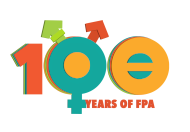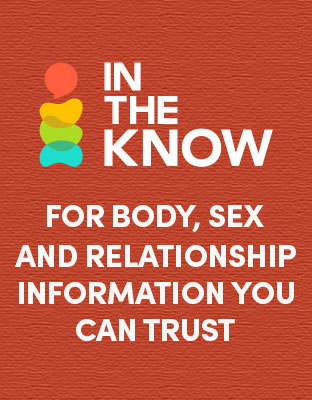Fertility and reproduction
Fertility is the natural ability to become pregnant.
Reproduction is when a baby is made as a result of either:
- sexual intercourse
- assisted reproductive technology
Knowing how your body works can help you understand about your ability to become pregnant and have children. You have the right to choose whether you want to have a child or not.
On this page you will find information about:
The female reproductive system+
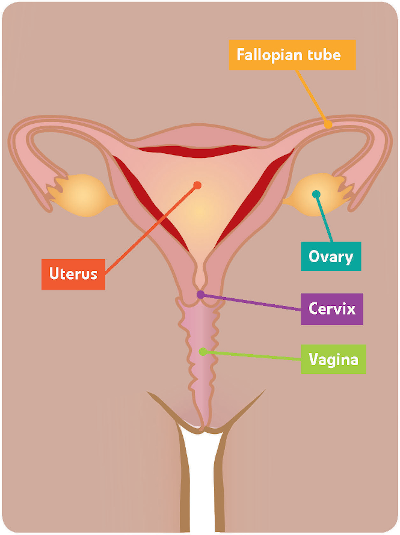
The female reproductive system are the parts of the female body that are involved in fertility and reproduction.
The female reproductive system is made up of different parts.
Uterus:
The uterus is the organ in the middle of the female reproductive system.
The inner lining of the uterus thickens with blood each month to get ready for a possible pregnancy.
If an egg does not meet with a sperm, the lining sheds and flows out of the body.
This is called menstruation or having a period.
Ovaries:
There are two ovaries. One on either side of the uterus.
Both ovaries hold eggs. Every month, the ovaries will release an egg. This is called ovulation.
The ovaries also make hormones that help with fertility and reproduction.
Fallopian tubes:
The fallopian tubes connect the ovaries to the uterus.
Cervix:
The cervix is a passage that connects the vagina to the uterus. Some things that travel through this passage include:
- sperm into the uterus
- period blood from the uterus to the vagina
Vagina:
The vagina is a stretchy passage that connects the cervix to the outside of the body.
The Menstrual cycle+
The menstrual cycle is when the body gets ready for a pregnancy. It is also called the period.
The menstrual cycle is counted from the first day of the period to the first day of the next period.
The menstrual cycle usually lasts around 28 days but can take anywhere from 21-42 days. This will be different for every person.
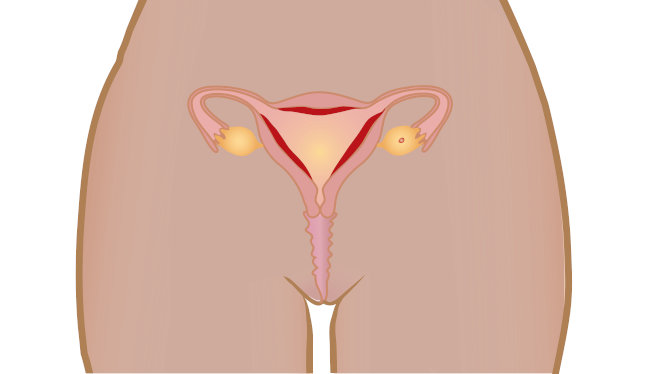
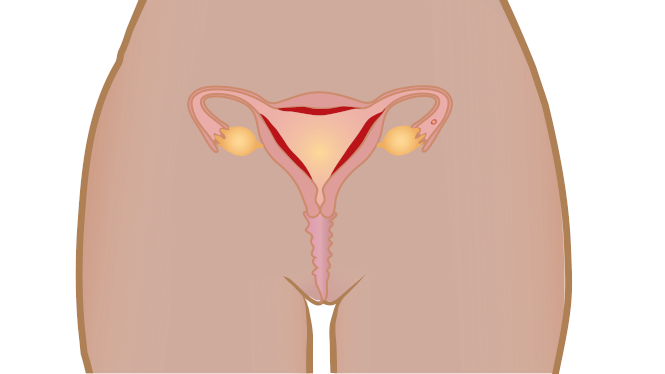
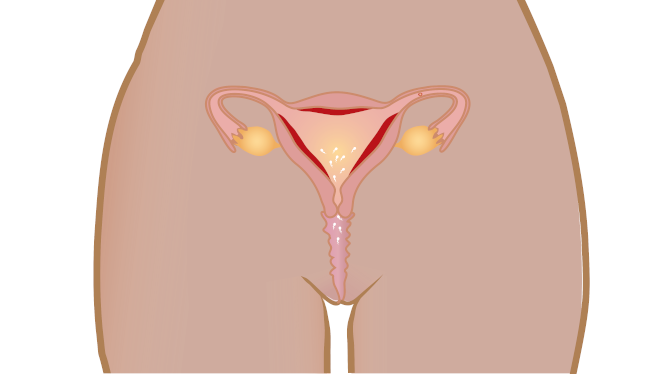
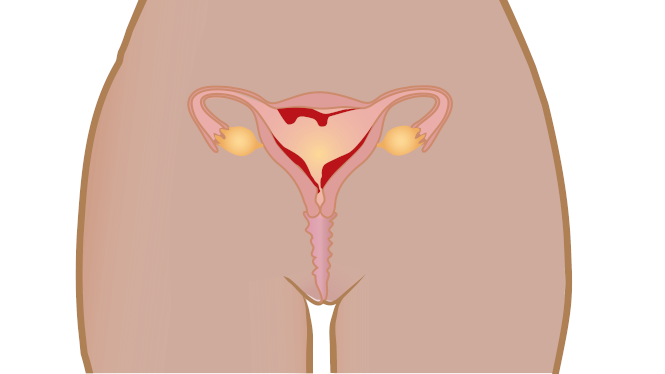
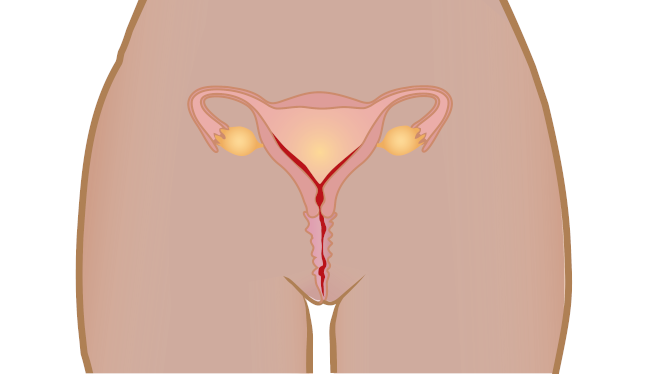
See how the menstrual cycle works below:
- Each month an egg matures in the ovary. The lining of the uterus also gets thicker.
- Once an egg is mature, it is released from the ovary. The egg travels down the fallopian tube toward the uterus.
- When two people have sexual intercourse, sperm can go into the vagina. Sperm travels up into the uterus and fallopian tubes.
- If there are no sperm in the uterus or fallopian tubes, the egg will not be fertilised. If the egg is not fertilised the egg and the lining from the uterus will break down.
- Blood and the lining from the uterus flow out through the vagina. This is called a period.
- The whole cycle then starts again.
The Reproductive cycle+
The reproductive cycle is when the body gets ready for a pregnancy.
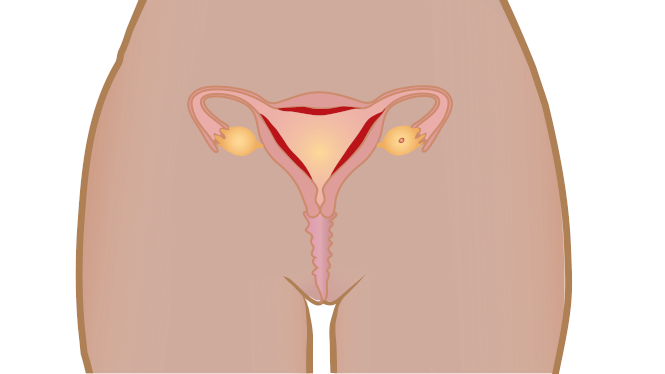
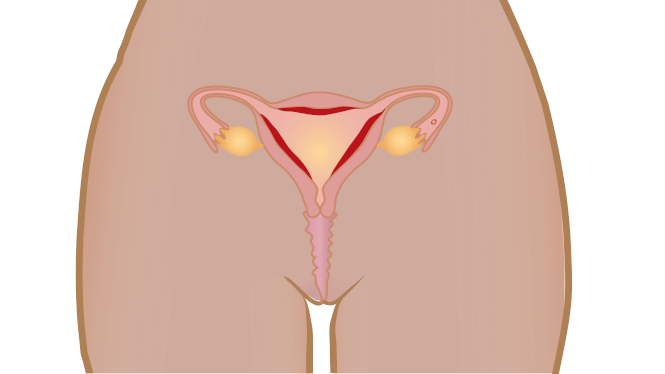
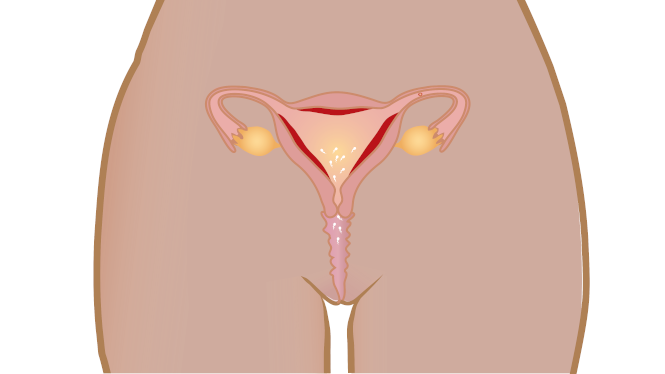
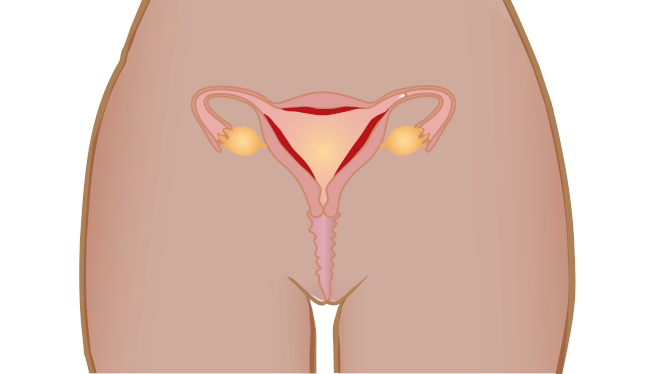
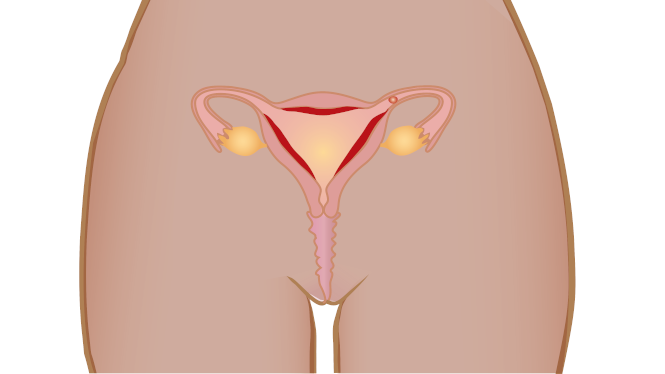
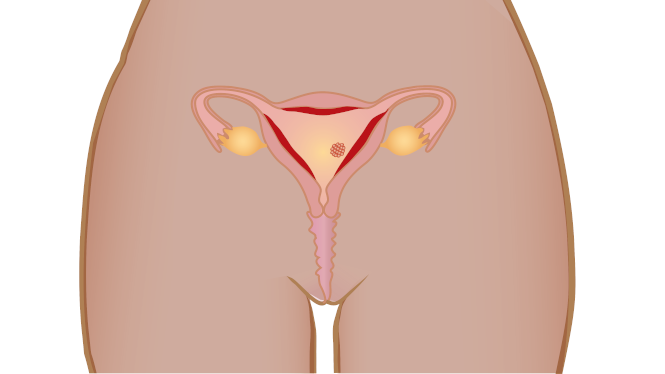
See how the reproductive cycle works below:
- Each month an egg matures in the ovary and the lining of the uterus gets thicker.
- Once an egg is ready, it is released from the ovary. The egg travels down the fallopian tube toward the uterus.
- When two people have sexual intercourse, sperm can go into the vagina. Sperm travels up into the uterus and fallopian tubes.
- If the sperm joins up with the egg in the fallopian tube, the egg becomes fertilised.
- The fertilised egg will travel down towards the uterus.
- Once the fertilised egg reaches the uterus, it will stick to the side of the uterus. From here, a pregnancy can start.
Fertility+
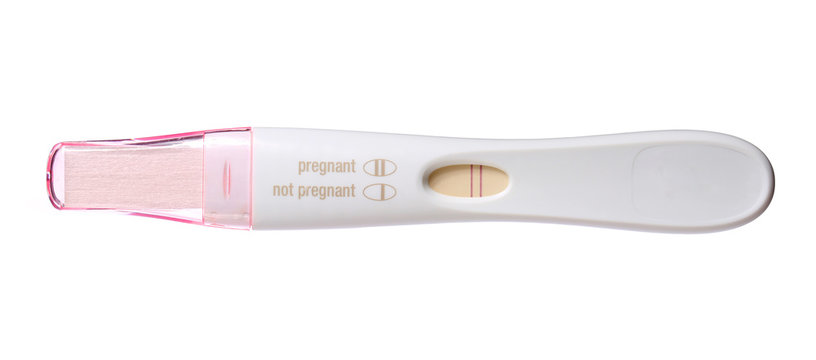
Fertility is the natural ability to become pregnant.
Infertility is not being able to become pregnant after one year of regula sex without a condom or contraception.
Fertility problems can be common and can happen to everybody regardless of gender.
Some reasons could be:
- problems with the reproductive system
- older age
- lifestyle factors such as being overweight, smoking, using alcohol and drugs
- some medical conditions
For more information about infertility, go to: Infertility
Improving the chances of becoming pregnant+
There are some things that people can do to improve their chances of becoming pregnant. These include:
- having sex during the 'fertile period'
- having a health lifestyel
- using assistive reproductive technology
The Fertile period:
The fertile period in the reproductive cycle of the female reproductive system is:
- during the 5 days before ovulation
- on the day of ovulation
The timing of ovulation can be different for everyone. You can try the following things to figure out when your ovulation period is:
- an ovulation calendar
- an ovulation calculator
- an ovulation predictor kit
These can help track a person's menstrual cycle and see when they are most fertile.
However, they are not always accurate. If a person wants to learn more about predicting when they ovulate, they should talk to their doctor.
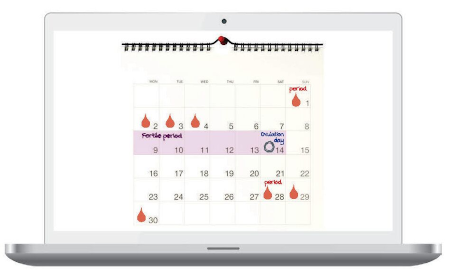
If you want to become pregnant but don't know when your fertile period is, you should try having unprotected sex every 2-3 days.
Healthy lifestyle:
There are things that people can do to have a better chance of becoming pregnant.
They can:
- limit alcohol or do not drink alcohol at all
- not smoke cigarettes or take illegal drugs
- maintain a health weight
- eat a balanced diet including vegetables, fruits, and whole grains
- do regular, gentle exercise
Assisted reproductive technology:
Assisted reproductive technology (ART) are procedures that help people become pregnant.
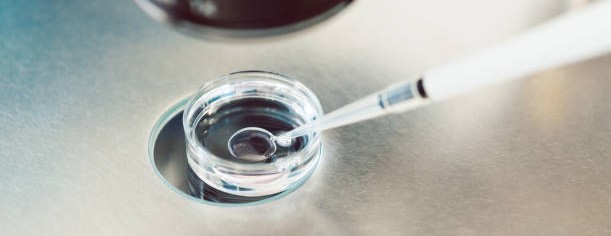
ART can be for:
- people who cannot become pregnant
- people who cannot stay pregnant
- single people who want to have a baby
- lowering the chance of disorders being passed to the baby from a parent
- saving eggs or sperm for future pregnancy
To learn more about different types of ART, download: Know Your Health: Fertility and Reproduction
It might be helpful to talk to a doctor or nurse if you are:
- under 35 years old and have not become pregnant after one year of trying
- over 35 years old and have not become pregnant after six months of trying
Pregnancy and your rights+
You should not feel pressured by your partner or family to get pregnant. It is your right to choose if and when you want to get pregnant.
If someone is feeling pressured to get pregnant, they can talk to their doctor or visit a Family Planning NSW clinic.
A person can ask for help if they have been forced to have sex. They can visit their doctor or a Family Planning NSW clinic to get an STI test and emergency contraceptive pill.
Sex that is forced or makes a person feel uncomfortable can be sexual abuse. This is a crime.
If a person is worried about what is happening in their relationship, they can contact: 1800 RESPECT
By calling: 1800 737 732 (24 hours)
Or visiting: 1800respect.org.au
For more information+
Download the Know Your Health: Fertility and Reproduction booklet for easy information about fertility and reproduction.
You can also call the Family Planning NSW Talkline on 1300 658 886 to speak to a nurse or click here to talk to one of our nurses online.
To speak to someone in your language, call the Telephone Interpreter Service (TIS) on 131 450. Ask to be connected to Family Planning NSW Talkline on 1300 658 886.

